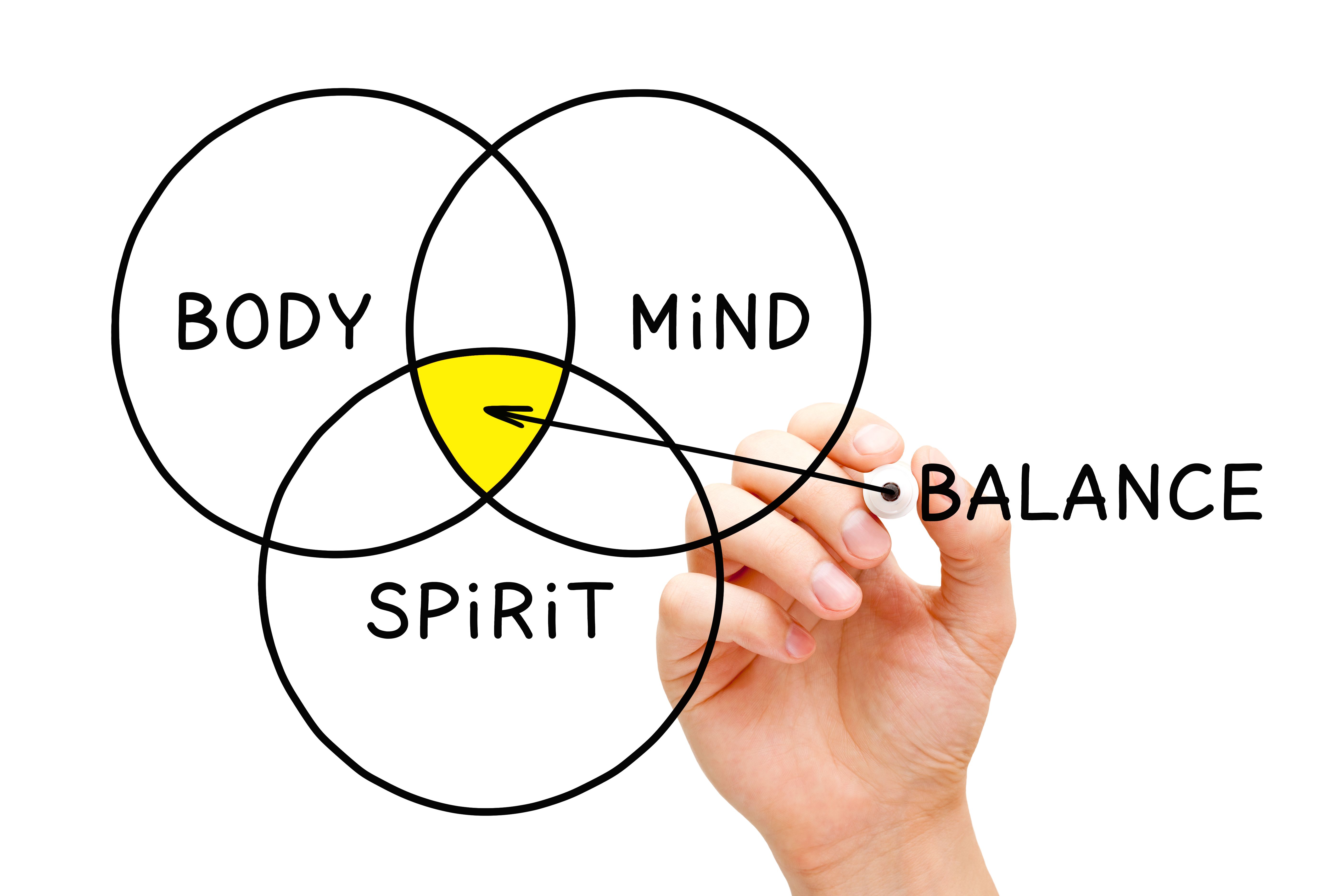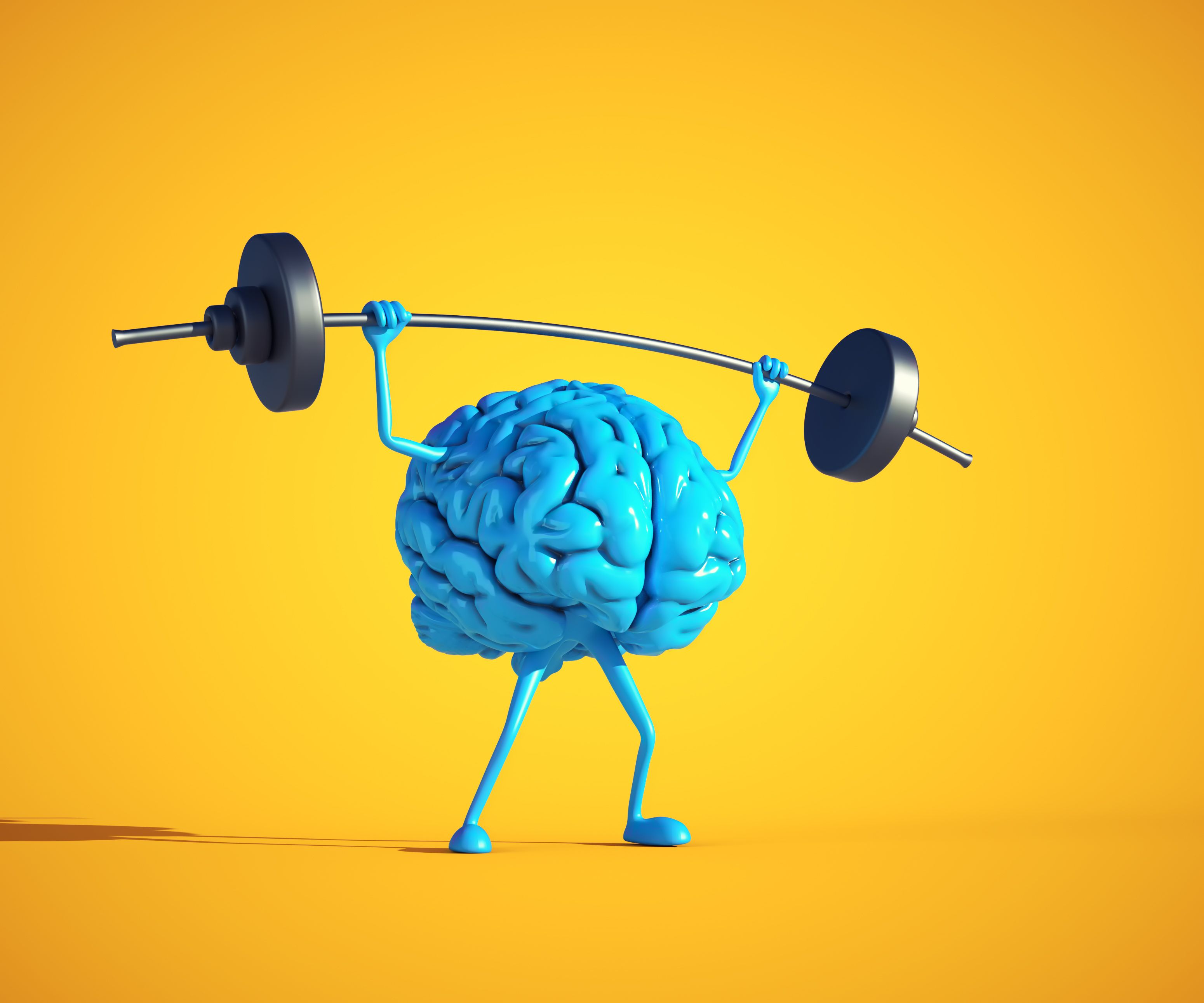The Connection Between Body and Mind: How Physical Care Boosts Mental Health
The Interplay Between Physical and Mental Health
In recent years, the link between physical health and mental well-being has gained significant attention in both the medical community and among individuals striving for a balanced lifestyle. The age-old adage, "a healthy body, a healthy mind," underscores the profound connection between our physical state and mental health. Understanding this relationship is crucial as it opens up pathways to enhance our overall quality of life.

The Science Behind the Connection
Research indicates that physical activity affects brain chemistry, impacting mood-regulating neurotransmitters such as endorphins, serotonin, and dopamine. These chemicals are often referred to as the body's natural mood elevators. Regular exercise can increase their production, leading to improved mood, reduced anxiety, and enhanced emotional resilience.
Moreover, physical care doesn't just stop at exercise. Nutrition plays a vital role in brain health. Consuming a balanced diet rich in omega-3 fatty acids, antioxidants, and essential vitamins supports cognitive function and can decrease the risk of mental health disorders such as depression and anxiety.
Benefits of Physical Care on Mental Health
Engaging in regular physical activity not only boosts your physical health but also positively impacts mental well-being in various ways:
- Stress Reduction: Exercise helps in lowering stress hormones like cortisol while stimulating the production of endorphins.
- Improved Sleep: Physical activity can help regulate sleep patterns, which is crucial for mental health.
- Increased Energy Levels: Regular exercise can significantly boost your energy, making you feel more capable and motivated.

Practical Ways to Enhance Your Mind-Body Connection
Incorporating simple lifestyle changes can significantly improve your mental health. Here are some practical steps you can take:
- Exercise Regularly: Aim for at least 150 minutes of moderate aerobic exercise per week. Getting in your 10,000 steps a day is a great goal. Adding regular walks to your routine is a small but impactful choice that can have great benefits.
- Mindful Eating: Focus on consuming whole foods and staying hydrated to support brain function. Being aware of a balanced diet to make sure you are getting enough of brain health supporting vitamins and minerals, such as omega 3s, vitamin D, B12, and magnesium.
- Practice Mindfulness: Engage in activities like yoga or meditation to strengthen the mind-body connection.

The Role of Social Support
Physical activities often involve social interaction, which can further enhance mental well-being. Engaging in group sports or activities not only boosts physical health but also provides an opportunity for social engagement, reducing feelings of loneliness and isolation.
Building a support network through physical activities can provide motivation, accountability, and a sense of community. This social element is a crucial aspect of maintaining both physical and mental health.
Conclusion: Embrace the Connection
The connection between body and mind is undeniable. By prioritizing physical care through regular exercise, nutrition, and social engagement, you can foster better mental health. Embracing this holistic approach not only improves mood and reduces stress but also enhances your overall well-being. Start today by taking small steps towards a healthier lifestyle, and experience the transformative effects on your mind and body.
